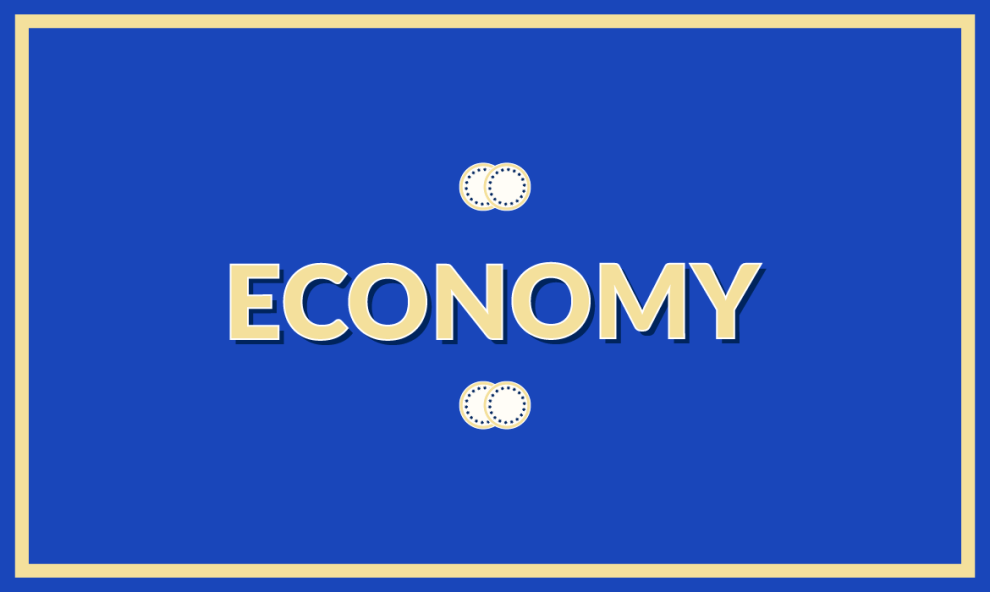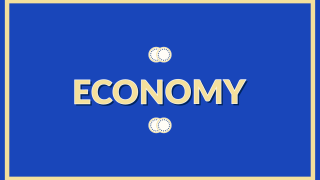The distance between the government and the population grows by the minute. While some officials speak out on the need to face the economic crisis, the population tends to withdraw. On the one hand, the absolute NOs: no new or different taxes, no change to the structure of import tariffs, no changes to the PEMEX regime, even if only to increase revenue to keep the party going. On the other hand, the equally rotund YES: more services, more budget, more expenditures, more benefits. While this goes on, the fiscal situation –less revenue and more expenditures- is beginning to turn into a phenomenal risk. In the absence of purposeful leadership, one capable of explaining the trade offs and the risks, the crisis is becoming a perfect environment for the resurgence of the demagogues.
Although the rejection of extravagant government spending, starting with the governors, is almost universal, the evidence indicates that the entire country has come to expect that “someone” -the government, oil, or the Virgin of Guadalupe- will always be there to provide and get us out of a crisis. It is not that people are unable to understand that they cannot spend more than they have, since that is the reality of everyday household economy. What happens is that people see the obvious: that public services are very poor and that there is always money for all causes except for those that matter to citizens. The politicians’ wasteful spending is so blatant that nobody in their right mind sees the logic of paying more taxes to support public insecurity, water scarcity, high energy prices, or low quality education and health services. The evidence is overwhelming.
The case of businesses is no different. Companies in Mexico live overwhelmed by bureaucratic requirements, various taxes and bad public services. Most do not have time or the possibility of engaging in anything except trying to survive. Some end up in the informal economy but that creates new problems. Many have managed to create or tailor to their needs government regulations that allow them to reduce the virulence of their competitors, some in the form of imports that participate in their markets. Given the context in which they operate, it’s hard not to sympathize with their refusal to raise taxes or to reduce the protection mechanisms they enjoy.
The attitude of citizens and employers, each in his or her private world, is perfectly logical, but wrong. The citizen has no choice but to defend his or her interests because their ability to influence the decision-making process is null. For their part, businessmen employ self serving arguments, which are not necessarily false, to defend the protection mechanisms afforded to them: my counterparts elsewhere, they claim, do not have such high energy costs, communications work for the users and not against them, the infrastructure works, there is access to credit, there is no contraband, crime is a minor problem and public services are of good quality. Faced with this, the Mexican businessman has little to offer except his ability to broker relations with the government in exchange for protection. That is, while the Chinese or Korean businesses focus on work, increase their efficiency and manufacture better products, Mexicans have to settle with things not deteriorating even further.
Between one thing and the next, there are always plenty of freeloaders. Recently, a European businessman visited Mexico to explore the possibility of a multimillion-dollar investment in the food processing industry. Since this is a company with a large presence in a variety of markets, its success lies in increasing efficiency, improving logistics, adopting new technologies and developing ever better products. What he found in Mexico is an industry with many players but all of them using old technologies, with small sales volumes and high margins. After visiting the industry leaders he found that none have even the slightest interest to cut costs or increase their efficiency, let alone invest in improving the quality of their products.
In a competitive market, the European businessman would envision Mexico as a wonderful opportunity to displace the existing non-performing businesses as a disruptive force in favor of the consumer: introducing better products at lower prices. However, little by little he understood how the sector works and concluded that there was no way he could compete. First, these businesses live in a world of opacity and tax evasion and have no incentive to go public by quoting their shares in the stock market. Second, import tariffs make it unprofitable to import their product, something that in turn protects them from foreign competition. Third, distribution is controlled by a monopoly of which they are all are part, making unaffordable the entry of any competitor that is not part of the game. In sum, participants in this market live more than happy exploiting the consumer.
Clearly this example is not transferable to all other economic activities. Many sectors have suffered severely by foreign competition and some have been totally devastated. However, not all those who have suffered are inherently evil or incompetent entrepreneurs. But most pray for protection and demand the government not to change anything. The consequence of the status quo is that nobody who could benefit from a better tax structure and greater competition in the economy (i.e. the absolute majority), seems willing to break the vicious circles that characterize us as a country.
The irony is that by opposing any change in fiscal or economic regulation, most Mexicans have become radical advocates of everything that does not favor or benefit them: the squandering of the public purse and the protection of uncompetitive firms. That is, they are opposed to higher rates of economic growth and better jobs.
The country is stuck largely because of the absence of leadership capable of explaining the dilemmas we face, proposing solutions and advocating a renewed vision of the future. As the opinion polls show, the population is opposed to every and any change and that is an environment prone for the rebirth and growth of demagogues and dangerous catch-all proposals for economic development . The atmosphere of opacity that characterizes us merely serves to preserve the worst in the country, destroying any possibility of developing a new economic era. If we do not take advantage of this crisis, then nothing will foster change and we will all suffer the consequences.
Self serving but fair






Comments